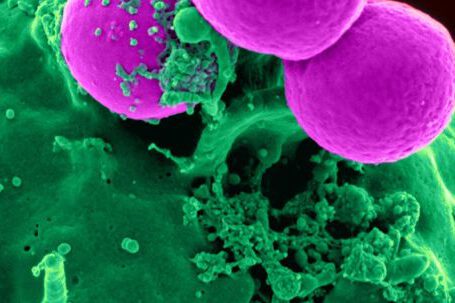The field of robotics has made tremendous strides in recent years, with machines becoming more advanced and capable of performing increasingly complex tasks. One area where robots are starting to make a significant impact is in the field of medicine. The idea of having a robot as your primary care physician might sound like something out of a science fiction novel, but it could very well become a reality in the near future. In this article, we will explore the potential of robotic doctors and the implications they may have on the healthcare industry.
Robots in the Operating Room
Robotic technology has already found its way into operating rooms around the world. Surgical robots, such as the da Vinci Surgical System, are being used to assist surgeons in performing minimally invasive procedures with greater precision and control. These robots are equipped with advanced imaging systems and robotic arms that can replicate the movements of a human hand, allowing for more precise incisions and sutures. The use of surgical robots has been shown to result in faster recovery times and fewer complications for patients.
Robots as Primary Care Providers
While surgical robots have proven their worth in the operating room, the idea of robots serving as primary care providers is still in its infancy. However, there are already a few examples of robotic doctors being used in certain settings. In Japan, for instance, a robot named Pepper has been employed in nursing homes to provide companionship and assistance to elderly residents. Pepper can engage in basic conversations, monitor vital signs, and even remind patients to take their medications. While Pepper is not a replacement for human doctors, it does highlight the potential for robots to play a role in primary care.
Advantages of Robotic Doctors
There are several advantages to having robotic doctors as part of the healthcare system. One of the main benefits is the potential for increased access to care. In many parts of the world, there is a shortage of doctors, particularly in rural areas. By utilizing robotic doctors, patients in these underserved areas could have access to medical expertise that would otherwise be unavailable to them. Additionally, robots do not experience fatigue or burnout like human doctors do, meaning they can provide round-the-clock care without compromising quality.
Challenges and Ethical Considerations
While the idea of robotic doctors may be appealing, there are also several challenges and ethical considerations that need to be addressed. One of the main concerns is the potential loss of the human touch in healthcare. Medicine is not just about diagnosing and treating illnesses; it is also about providing emotional support and empathy to patients. Can robots truly replicate the compassion and understanding that human doctors can offer? Another concern is the issue of accountability. If a robot makes a mistake or causes harm to a patient, who should be held responsible? These are complex questions that need to be carefully considered before widespread adoption of robotic doctors.
The Future of Medicine
The field of robotics is evolving at a rapid pace, and it is only a matter of time before robotic doctors become a common sight in hospitals and clinics. While there are challenges to overcome and ethical considerations to address, the potential benefits of robotic doctors cannot be ignored. Increased access to care, improved precision in surgical procedures, and round-the-clock availability are just a few of the advantages that robots can bring to the healthcare industry. The future of medicine may very well involve a collaboration between human doctors and their robotic counterparts, with each bringing their unique strengths to the table.
In conclusion, the idea of having a robot as your next doctor may seem far-fetched, but it is a possibility that should not be dismissed. With advancements in robotics and artificial intelligence, the healthcare industry is on the cusp of a major transformation. While there are challenges and ethical considerations that need to be addressed, the potential benefits of robotic doctors are significant. As we move forward, it is crucial to strike a balance between the capabilities of robots and the compassion and empathy that human doctors provide. Only then can we truly harness the power of technology to improve healthcare for all.





